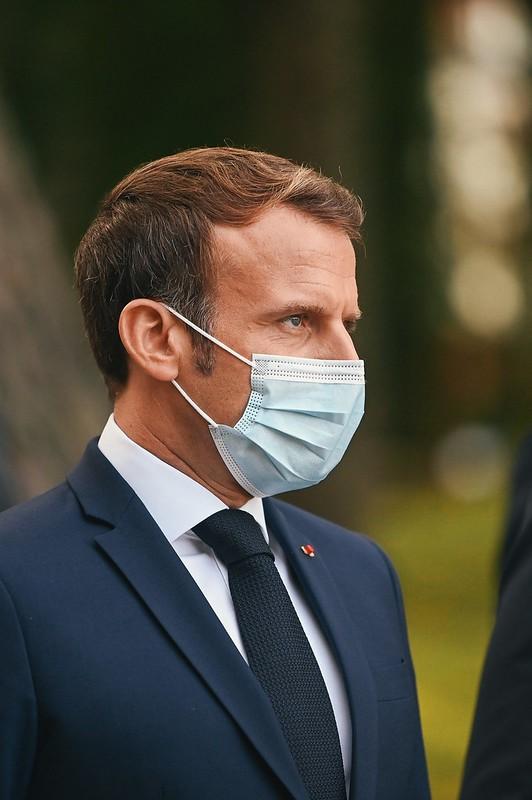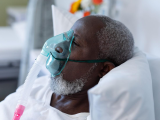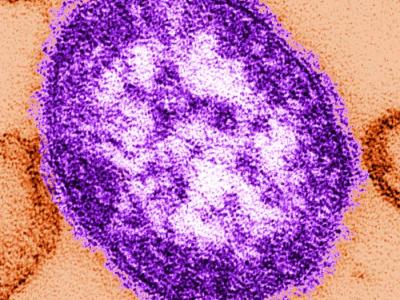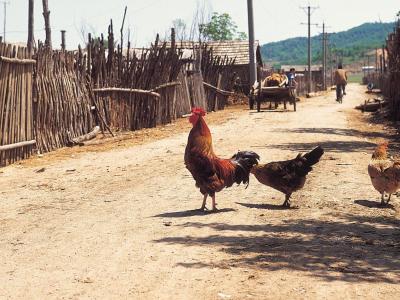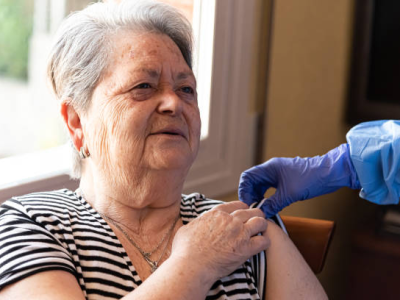As the global COVID-19 total passed 44 million today, partly driven by Europe's quickly growing second surge, France and Germany today announced national partial lockdowns, replacing piecemeal efforts in individual regions.
Lockdowns follow steady increases
Over the past month, Europe has become one of the world's biggest pandemic hot spots, with France among the top five countries reporting the world's most daily cases.
In an address to the nation this evening, following a meeting with government ministers, French President Emmanuel Macron said the country will go back into a national lockdown this week to keep the outbreak from spiraling out of control, Reuters reported.
People can go to work if they can't work from home, and most schools will stay open. But the new rules say people have to stay home, except to buy essential goods, seek medical care, or exercise outdoors for 1 hour each day. The measure takes effect Oct 30 and will last until Dec 1.
Macron warned that the virus is circulating faster than the most pessimistic projections and that the second surge will probably be harder and deadlier than the first.
Currently, more than half (58%) of the country's intensive care unit (ICU) beds are occupied by COVID-19 patients.
Earlier today, German Chancellor Angela Merkel, following an emergency meeting with leaders from German states, announced a 1-month partial lockdown that goes into effect Nov 2, Reuters reported. The action temporarily shutters restaurants, bars, theaters, movie theaters, pools, gyms, and concert venues but will keep schools and shops open if they follow distancing and hygiene rules.
Also, professional sports can continue without spectators, and people have been asked to limit travel to essential trips.
Germany's announcement also came with a $11.82 billion aid package to assist those affected by the new restrictions, especially small businesses and people who are self-employed.
The country, praised for how it has handled the pandemic, hasn't been hit as hard in the second surge as some of its European neighbors, but cases doubled over the past week.
In another development from Germany, reports from the country's media said the Robert Koch Institute, a federal infectious diseases agency, sustained a cyber attack on Oct 22, just days before its building was hit by an arson attack. Its computer system was down for 2 hours, but no sensitive data were lost.
Cases in other European hot spots soar
The Czech Republic, reported to have of the continent's highest infection rates alongside Belgium, reported a record daily high of 15,663 cases today, along with rising hospitalizations. A nationwide nighttime curfew begins today.
Belgium yesterday reported a steep daily rise in hospitalizations, 689, which is dramatically up from the average daily number of 421 over the past 2 weeks and is above levels seen in March, CNN reported.
Among other countries reporting record daily cases include Italy with 24,991, Poland with 18,820, and Sweden with 1,980.
Developments in China, Mideast
Mass testing in China's Xinjiang province outbreak, meanwhile, turned up 20 more cases, raising the total to 183, CNN reported. Of those, 22 patients have symptoms and the rest are asymptomatic.
The outbreak was first detected last week with one asymptomatic case found during routine testing, and health officials ordered a lockdown and are just completing testing on nearly 5 million residents of the province's Kashgar district.
Elsewhere, Iran today recorded a daily high in deaths, 415, and also added 6,824 new cases to its total, Kuwait News Agency reported. And Pakistan's health ministry announced that the country is now in its second wave of infections, CNN reported.
In other global developments:
- Sanofi and GlaxoSmithKline today pledged 200 million doses of adjuvanted, recombinant, protein-based COVID-19 vaccine to the COVAX initiative, an effort led by the World Health Organization to pool the risk of developing vaccines and secure equitable doses for countries across all income levels.
- The WHO today announced in an email sent to journalists that its COVID-19 emergency committee will meet for the fifth time tomorrow virtually to assess the latest developments, gauge if the situation still warrants a public health emergency of international concern, and adjust recommendations as needed.
- The global total today climbed to 44,304,816 cases, and 1,171,119 people have died from their infections, according to the Johns Hopkins online dashboard.
